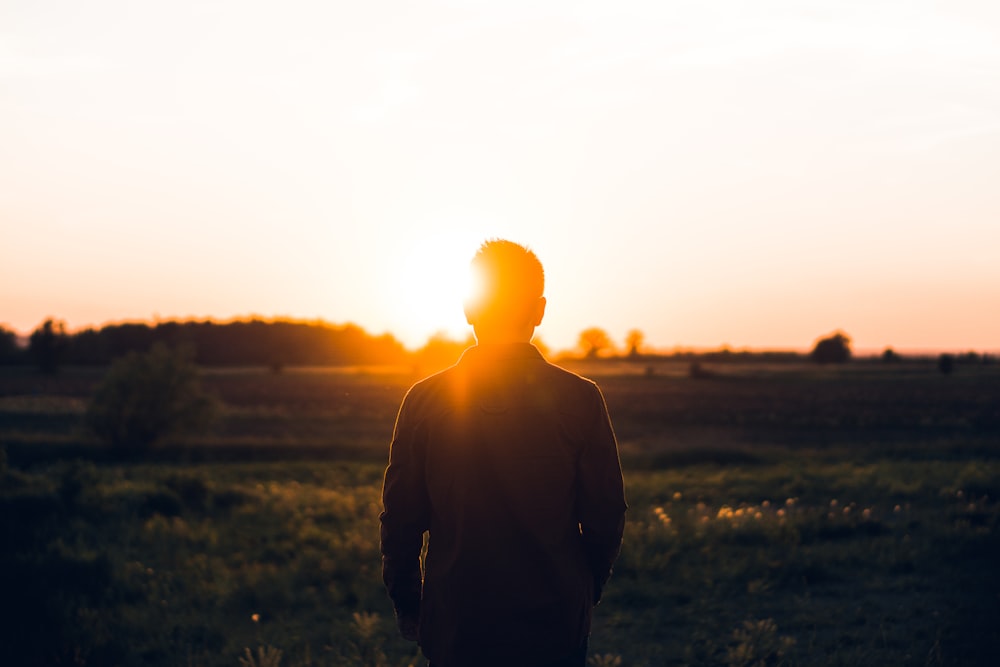There’s no denying that using a CPAP machine can require a bit of an adjustment at first — especially as you get used to wearing your mask. The steady flow of pressurized air can help keep your airways from collapsing so that you don’t wake up during the night, but the airflow and the mask itself can take some getting used to.
While there are many things that can help you get used to your CPAP machine, new research indicates that your preferences for going to bed and waking up in the morning could influence the effectiveness of your CPAP therapy.
As it turns out, whether you are an “early bird” or a “night owl” could play a role in your CPAP adherence. Fortunately, you can take steps to maximize the effectiveness of sleep apnea therapy, no matter when you like to go to bed or wake up.
Morning People Generally Use Their CPAP Longer

The Yale School of Medicine recently conducted research on CPAP users to determine if their chronotype (or their preferred time for sleep) influenced how well they adhered to prescribed CPAP therapy. This study followed CPAP users over a six month period, and ultimately determined that “early birds” or “morning people” who woke up earlier averaged an additional 40 minutes of CPAP use per night when compared to other groups.
“Each additional half hour of CPAP use is clinically meaningful. It has an impact on a patient’s quality of life. So 40 minutes is significant,” explained study author Andrey Zinchuk. “For now, the findings suggest that chronotype may be something we should pay more attention to. If a patient isn’t a morning person, maybe we consider their barriers to CPAP use more closely. This study also reiterates how important and influential our biological clocks are for all kinds of health factors, both biological and behavioral.”
So what does this mean? Essentially, the study indicates that early risers are generally going to be more likely to use their CPAP for a longer time at night, resulting in higher overall sleep quality and being less likely to experience some of the more severe side effects of sleep apnea.
Tips For Maximizing Sleep Apnea Use For Any Bedtime
Regardless of the time you go to bed, most people who struggle with CPAP adherence do so because they find the mask or the flow of pressurized air to be too uncomfortable. Some people might even remove the mask in their sleep!
Needless to say, failure to wear your CPAP mask throughout the night won’t help your sleep apnea. Because of this, sleep specialists often recommend that new CPAP users follow a few best practices for getting used to their treatment.
For example, many new CPAP users will “practice” using their mask by wearing just the mask for brief periods during the day. This is done without connecting the mask to the CPAP machine, and can help you get used to the way the mask feels against your face. Consider doing this while watching TV or reading a book so you have something else to focus on besides the mask.
Features included in many modern CPAP machines can also help you get used to your treatment so that you use it throughout the night. Ramping features gradually increase air pressure after you put on your mask, only reaching the prescribed setting once you are asleep for improved comfort. CPAP humidifiers that increase moisture in the delivered air can also enhance comfort.
Get More Sleep With a Better Bedtime Routine

You can also make the most of your CPAP therapy by ensuring that you maximize the amount of time that you are actually asleep while you are in bed. This can help ensure that you get the recommended seven to nine hours of sleep that all adults should get each night — and that you’ll sleep soundly and keep your CPAP mask on, too!
Start by establishing a consistent bedtime that you can follow each night. A set bedtime and wakeup time can essentially “train” your body to know when to go to bed and wake up so that you will feel tired or alert at the right times. Try to follow this sleep schedule every day, including on weekends!
You can make it easier to fall asleep quickly by picking the right bedtime activities. For example, a 10-minute yoga session or a warm shower can relax your body and give you a chance to clear your mind. Many people find it helpful to write in a journal to clear their thoughts before going to bed.
On the other hand, you should avoid using your phone right before bed, as the blue light can make it harder to fall asleep. Avoid eating and drinking before bed, as the digestive process can disrupt sleep as well.
Improving Your CPAP Therapy
Being a morning person doesn’t automatically mean you’ll have no trouble adjusting to CPAP therapy. By the same token, being a night owl doesn’t have to mean that you’ll struggle to make the most of CPAP treatment. By improving your bedtime habits and the way you use your CPAP machine, you can get quality treatment with any sleep schedule.
Of course, you’ll also need to replace parts and get a quality CPAP machine in the first place! While this can be expensive, Help Medical Supplies can make equipment and accessory purchases much more affordable. Discounted prices on CPAP machines, masks, and more can help you save hundreds off of MSRP, while also enjoying free shipping on orders of $99 and up and available financing on select purchases. Quality treatment at a great price will help you sleep better than ever!

